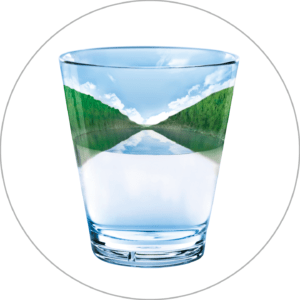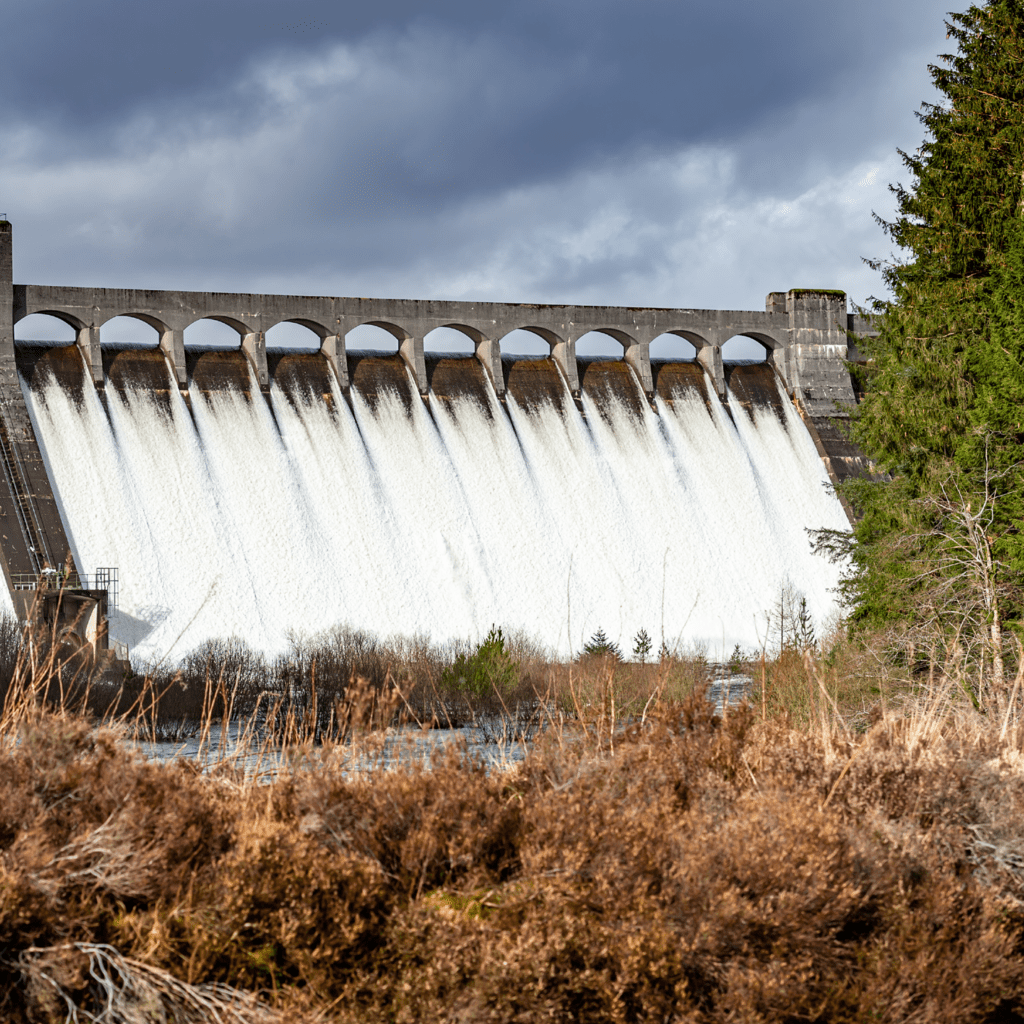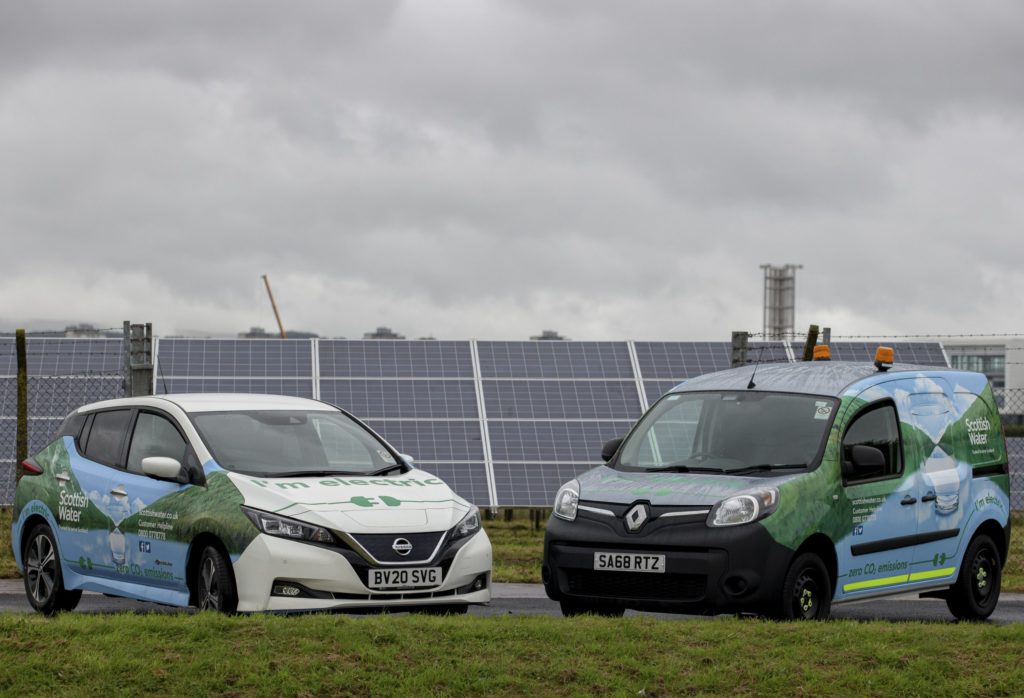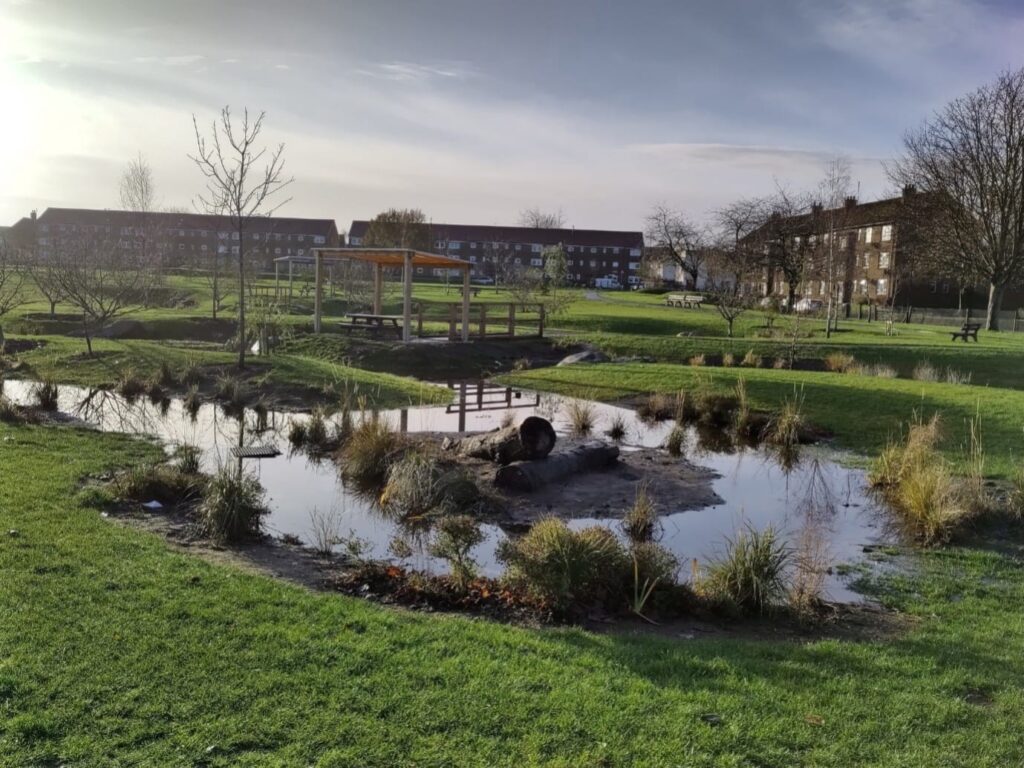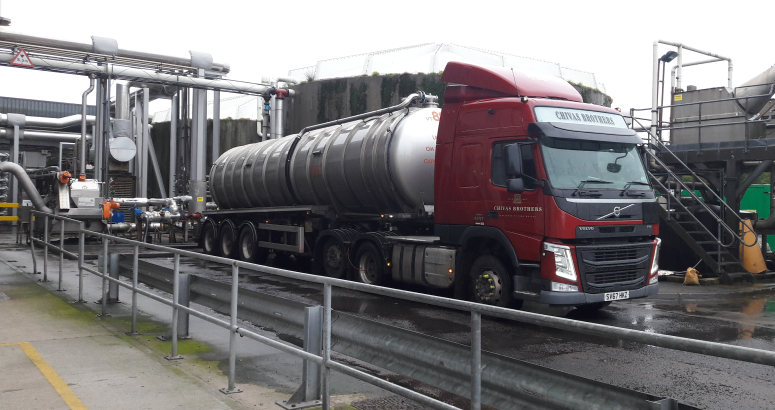
Delivering a Greener Dram
A Chivas Brothers tanker delivering residues from the production of Scotch Whisky to Nigg during the co-digestion trial
“The Nigg trial is an excellent example of collaboration in action, driving sustainability in Scotland’s food and drink sector, and making a tangible contribution to a circular economy and a Net Zero society.”
David Harley
SEPA’s Interim Chief Officer, Circular Economy
The successful trial involving Scottish Water, SEPA and major distiller Chivas Brothers saw distillery residue brought into Aberdeen’s Nigg Waste Water Treatment Works for the first time, with promising results.
A process called ‘co-digestion’, means that the residues from distilleries and breweries in the area can be added to sewage sludge processed at Nigg, as part of a system which produces biogas – an alternative fuel used to run the site’s boilers and Combined Heat and Power (CHP) engines.
The facility already has a process to turn sludge produced during waste water treatment into biogas – this is then used on site instead of oil or diesel. Since October 2021 the sludge treatment centre has trialled co-digestion – in other words, processing residues brought in from Chivas Brothers’ distilleries and breweries alongside the sludge – and this has noticeably increased the amount of biogas being produced.
Scottish Water’s Chief Scientist Elise Cartmell said: “The team at Chivas Brothers approached us because the various residues created as part of the distillery process are often rich in energy, and they were keen to find alternative outlets to capture and use it. Fortunately this aligned very well with Scottish Water’s existing ambitions to investigate co-digestion, extending work we had already begun with SEPA, so we decided this would be the perfect opportunity to try out this process.
“It’s turning out to be a win-win for both parties: the distilleries are provided with an outlet for treatment which helps this key regional industry become more sustainable, while we at Scottish Water benefit from a boost in production of green energy at our site, which reduces our reliance on fossil fuels and helps our journey to net zero.”
With the addition of the distillery and brewery residues, the plant saw a saving of 58 tonnes of carbon over the 12-week trial period, which equates to 250 tonnes per year – the same as 250 passenger return flights from Paris to New York.
Chief Scientist Elise Cartmell said: “We’re very pleased with the findings which show that the trial boosted biogas production and significantly reduced the site’s need for oil to power its on-site boiler. Just as importantly, there was no adverse impact on the operation of the site or on the quality of the biosolids that are also produced for recycling to land.
“We believe there is excellent potential for this approach to be used at Nigg in the future and for it to be rolled out to other sites across Scottish Water.”
The trial was made possible by close collaboration between the industry, the Scottish Environment Protection Agency (SEPA) and Scottish Water. It was led by the publicly owned water company’s commercial subsidiary, Scottish Water Horizons.
Through collaborative working and close monitoring throughout the Nigg trial, the teams involved have laid the groundwork to explore further opportunities in the future to support businesses and green energy production across the country through co-digestion.
Chivas Brothers’ Environmental Sustainability Manager Ronald Daalmans said:
“The trial with Scottish Water has shown that residues from our effluent treatment process still have an energy value that can contribute to a more circular and sustainable economy and provide an alternative outlet for distillery residues when other routes are full.
“We hope the trial will open up further opportunities for collaboration between the Scotch Whisky sector and utility operators.”
David Harley, SEPA’s Interim Chief Officer, Circular Economy, stated:
“Against a backdrop of climate and nature emergencies, there’s a real environmental imperative for us all to act. But more than that, innovative partnerships like this between SEPA, Chivas Brothers and Scottish Water are real economic and social opportunities.
“The Nigg trial is an excellent example of that collaboration in action, driving sustainability in Scotland’s food and drink sector, and making a tangible contribution to a circular economy and a Net Zero society.”
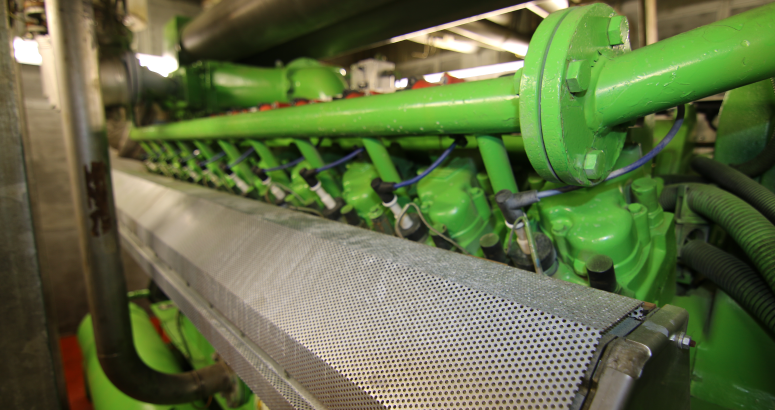
Cutting Carbon
One of the Combined Heat and Power engines which convert biogas into heat and green electricity at Nigg WWTW.

